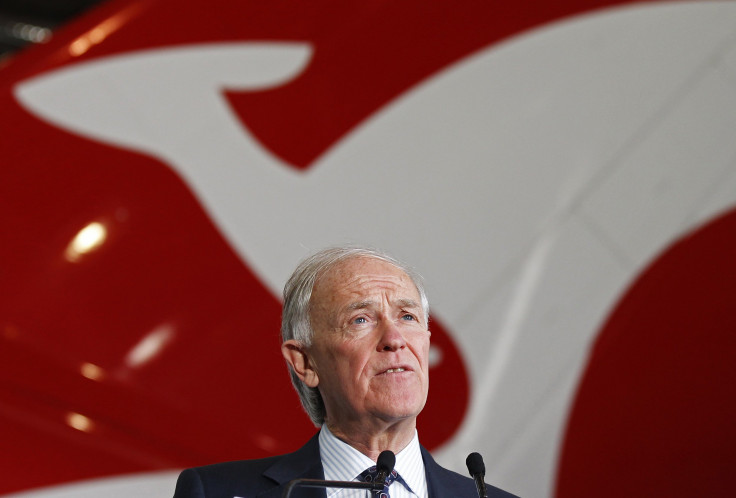MH370: Emirates CEO Tim Clark Criticizes Investigation, Doubts Probable Crash Site

Tim Clark, the CEO of Emirates, the Middle East's largest airline, has raised doubts over the ongoing investigation of missing Malaysia Airlines Flight MH370 claiming that the jetliner was “under control, probably until the very end” and may not have ended up in the southern Indian Ocean. Clark’s comments comes as the Australian Transport Safety Bureau, or ATSB, moved the focus of the search to an area farther south in the Indian Ocean.
In a recent interview with German magazine Der Spiegel, Clark questioned the updated flight path analysis report published by the ATSB on Wednesday. He reportedly disagreed with the “so-called electronic satellite ‘handshake’” used by analysts to determine the probable crash site. He also reportedly failed to agree that the Beijing-bound Boeing 777, which disappeared on March 8 with 239 people on board, had flown on autopilot mode for about five hours and later crashed into the ocean after running out of fuel.
“Our experience tells us that in water incidents, where the aircraft has gone down, there is always something,” Clark reportedly said. “We have not seen a single thing that suggests categorically that this aircraft is where they say it is, apart from this so-called electronic satellite 'handshake,' which I question as well,” he added.
Clark also reportedly urged that everyone should "continue to press all those who were involved in the analysis of what happened for more information.” According to Daily Mail, Clark added that the airline industry should not accept the disappearance of Flight MH370 as just an “unexplained mystery.”
The senior executive of the Dubai-based airline, which has more than 100 Boeing 777 aircraft in its fleet, reportedly said that he was “totally dissatisfied” with the lack of any physical evidence to prove that plane crashed in a remote region of the southern Indian Ocean, and urged investigators to examine details of the plane's flight data once again.
“There is plenty of information out there, which we need to be far more forthright, transparent and candid about. Every single second of that flight needs to be examined up until it, theoretically, ended up in the Indian Ocean -- from which they still haven't found a trace, not even a seat cushion,” Clark reportedly said.
ATSB said in its report Wednesday that the updated analysis report was the result of both re-examined satellite data and aircraft communication data and also an “unanswered ground-to-air telephone call 17 minutes after [MH370’s] last radar information.” ATSB also said in its report that the current area of focus for the search could change.
The search for Flight MH370, which has entered its seventh month, resumed after a four-month break and has so far yielded no concrete clues as to the whereabouts of the jetliner.
© Copyright IBTimes 2024. All rights reserved.




















